Democratic Republic Of Congo
The Democratic Republic of Congo’s state cobalt agency has produced its first 1,000 metric tonnes of traceable artisanal cobalt.
It is a critical component in rechargeable lithium-ion batteries used in electric vehicles, smartphones, and laptops, making it central to the transition to green energy.
The DRC is a dominant source of the mineral, holding about 72 per cent of global cobalt reserves and accounting for over 74 per cent of supply.
But the sector is dominated by informal artisanal mines employing an estimated 1,5 million people and is largely unregulated.
This has resulted in widespread unethical practices including human rights abuses and environmental degradation.
The International Energy Agency forecasts that global cobalt demand will increase 40 per cent by 2030.
However, car manufacturers and electronics firms increasingly require proof of ethical sourcing, putting pressure on producers to eliminate child labour and unsafe practices.
The DRC’s announcement that its produced traceable artisanal cobalt is therefore a key step in meeting these concerns by moving towards formalising the sector.
The Entreprise Générale du Cobalt agency says traceability will clean up the supply chain and align production with international environmental, social, and governance standards.




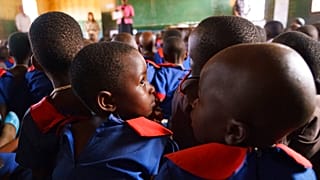
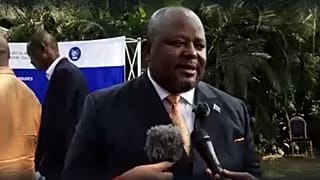
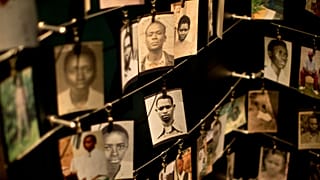
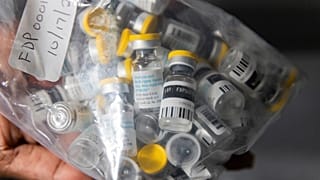
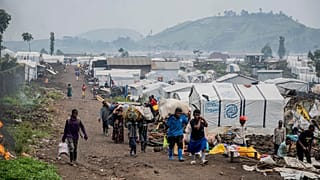


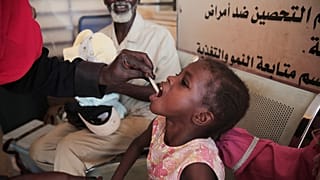
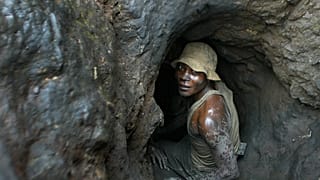
00:34
Late DR Congo goal edges Cameroon out of World Cup play-off final
00:55
Senegal's president orders formation of National Gold Trading Centre
Go to video
Battling Galamsey: Community efforts against illegal mining in Ghana
00:52
Mali revokes over 90 mining permits amid crackdown on non-compliance
02:06
DRC: deadly fire ravages Bukavu neighborhood, claiming 14 lives
00:28
DRC begins countdown to end of Ebola outbreak as last patient recovers